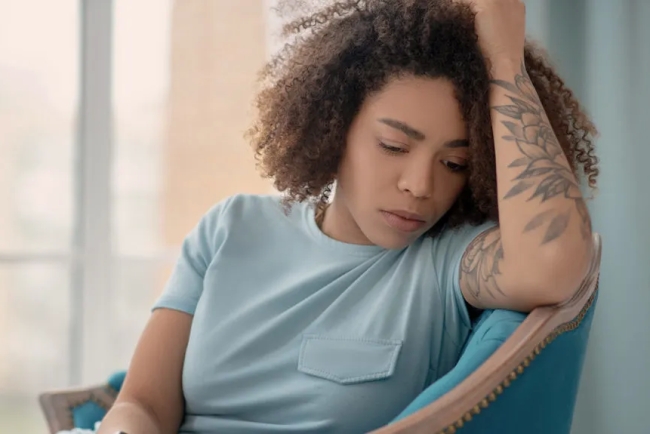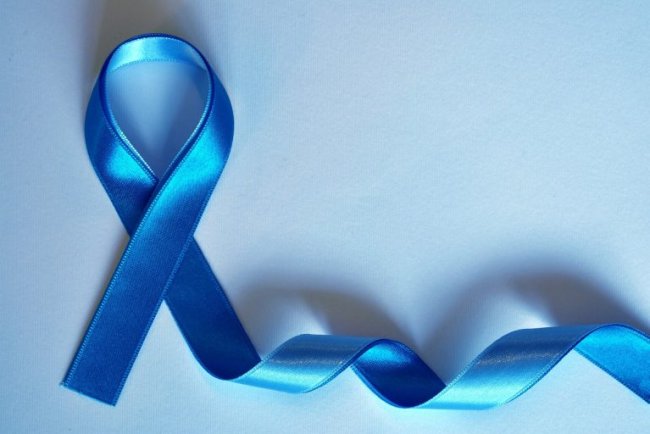Do It Safely: A Straightforward Guide to Responsible Cannabis Use Let us Have an Open Discussion About Cannabis
Legal in many states, sold in upscale packaging, and debated in wellness circles alongside adaptogens and meditation, cannabis is more popular than ever. However, one thing is always the same whether you are using it for anxiety, chronic pain, sleep, creativity, or simply relaxation:
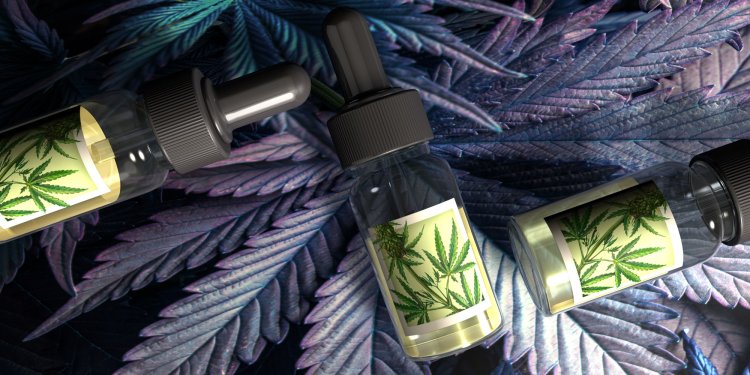
You should use cannabis responsibly if you plan to use it.
Do not judge. Do not use scare tactics. Just honest, practical guidance for grownups who wish to remain knowledgeable and purposeful.
1. Recognize Your Motivation
Ask yourself, "Why am I using this?" before you light up or bite into that gummy.
Do you want to get a better night's sleep? Control your stress? Boost your inventiveness? Socialize? Feeling numb?
Although there is not a wrong answer, selecting the appropriate product, dosage, and environment is aided by understanding your goal. Additionally, it assists you in identifying when cannabis is promoting your health and when it is turning into a crutch.
2. Go Slow and Start Low, Especially with Edibles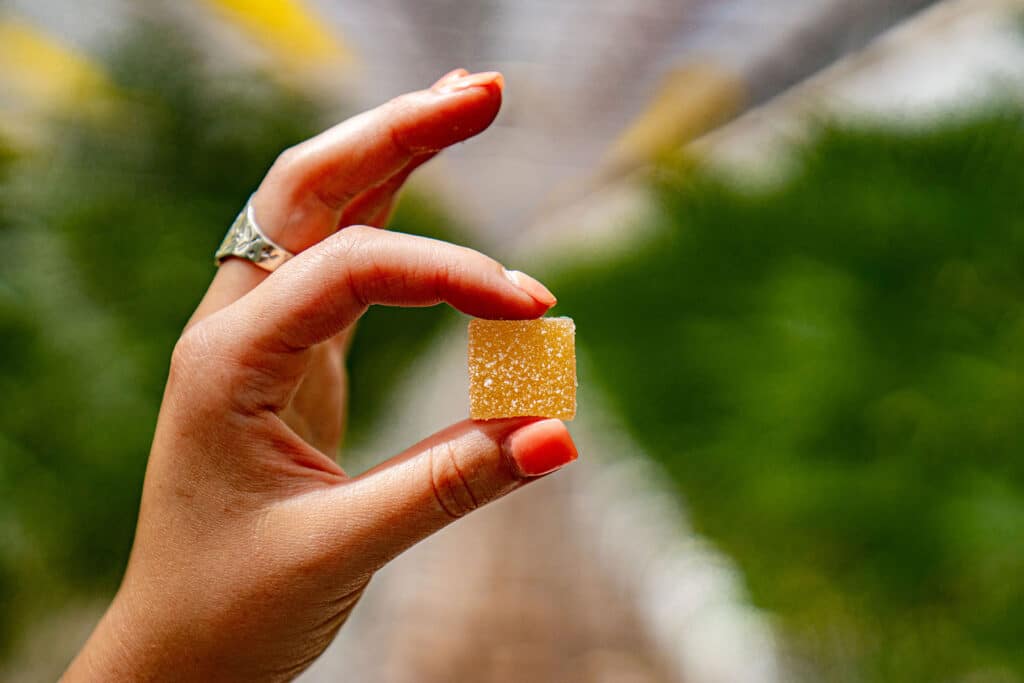
Patience is essential when eating food. The benefits of that brownie may not be felt for 30 to 90 minutes, even if it tastes like dessert. People become uneasy or apprehensive when they take more since "nothing's occurring yet."
Start with 2.5–5 mg of THC as a safe rule. Do not have any more for at least two hours.
Additionally, always read labels, particularly when it comes to homemade goodies. A "little bite" could have a powerful effect.
3. Set and Setting Are More Important Than You May Believe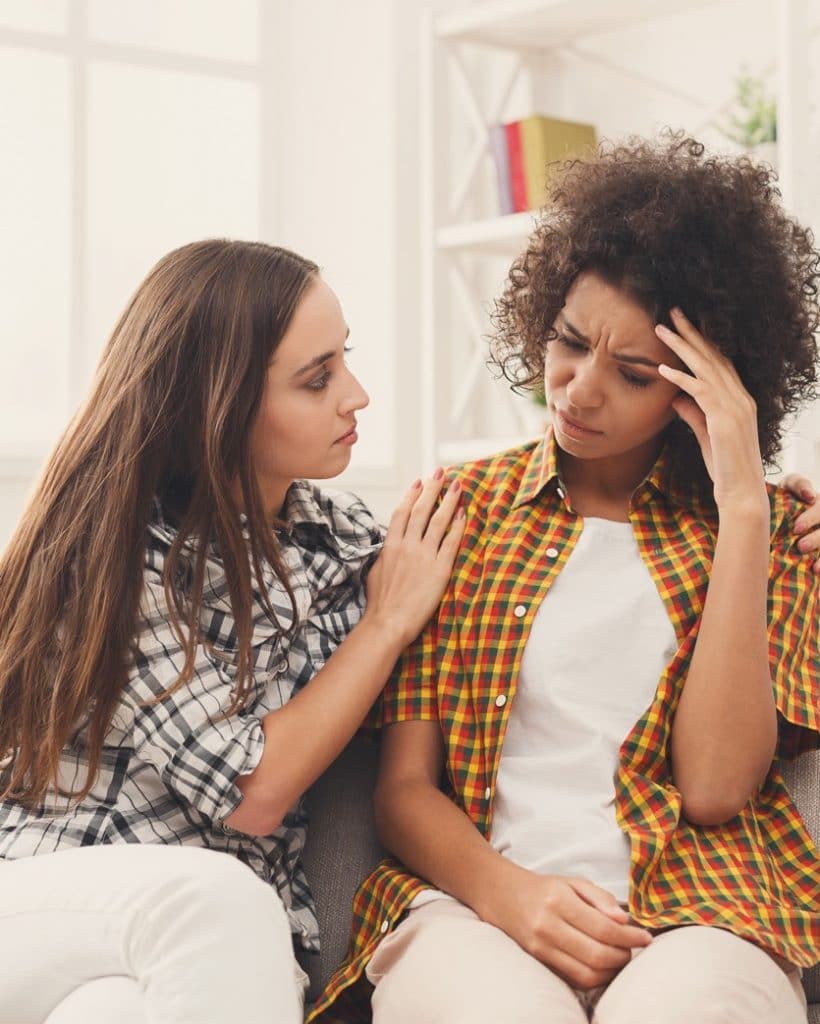
Your surroundings, your attitude, and the people you are with all influence how cannabis affects you.
Using cannabis safely requires making the following decisions:
A serene, comfortable place
People you have faith in
An occasion when you do not have any obligations (such as picking up students from school or attending a crucial meeting)
Do you want a better experience? Prepare music in advance, set up comfortable lighting, and drink plenty of water.
4. Recognize the Distinction Between THC and CBD
Despite being grouped together, these two act differently:
Non-intoxicating CBD (cannabidiol) is frequently used to treat inflammation, anxiety, and insomnia.
Tetrahydrocannabinol, or THC, is the primary psychoactive ingredient that produces a "high."
Both are present in some items. To understand what you are getting and how it can impact you, read the labels and ratios.
5. Avoid Combining Alcohol and Cannabis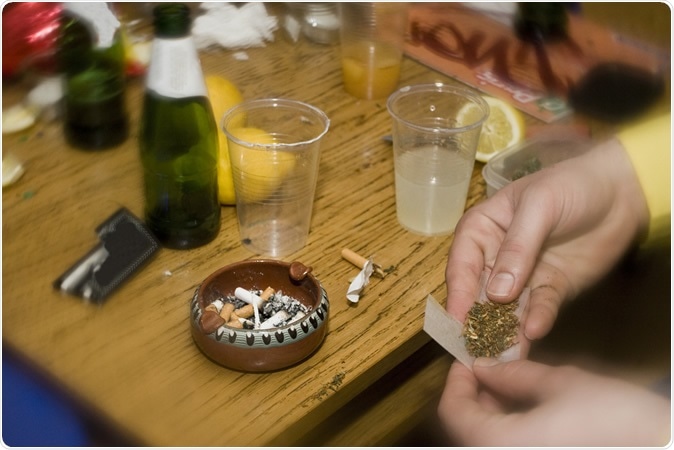
In addition to raising the risk of nausea, vertigo, and impaired judgment, the combination can worsen disability. If you decide to use cannabis, do not change your mind. Your body will appreciate it.
6. Keep Children and Pets Away
Pets are particularly sensitive to THC, and cannabis edibles frequently resemble candies.
Products should be kept out of sight and out of reach in child-proof containers.
If a pet or child inadvertently consumes cannabis, get medical attention right away.
7. Avoid Driving While Intoxicated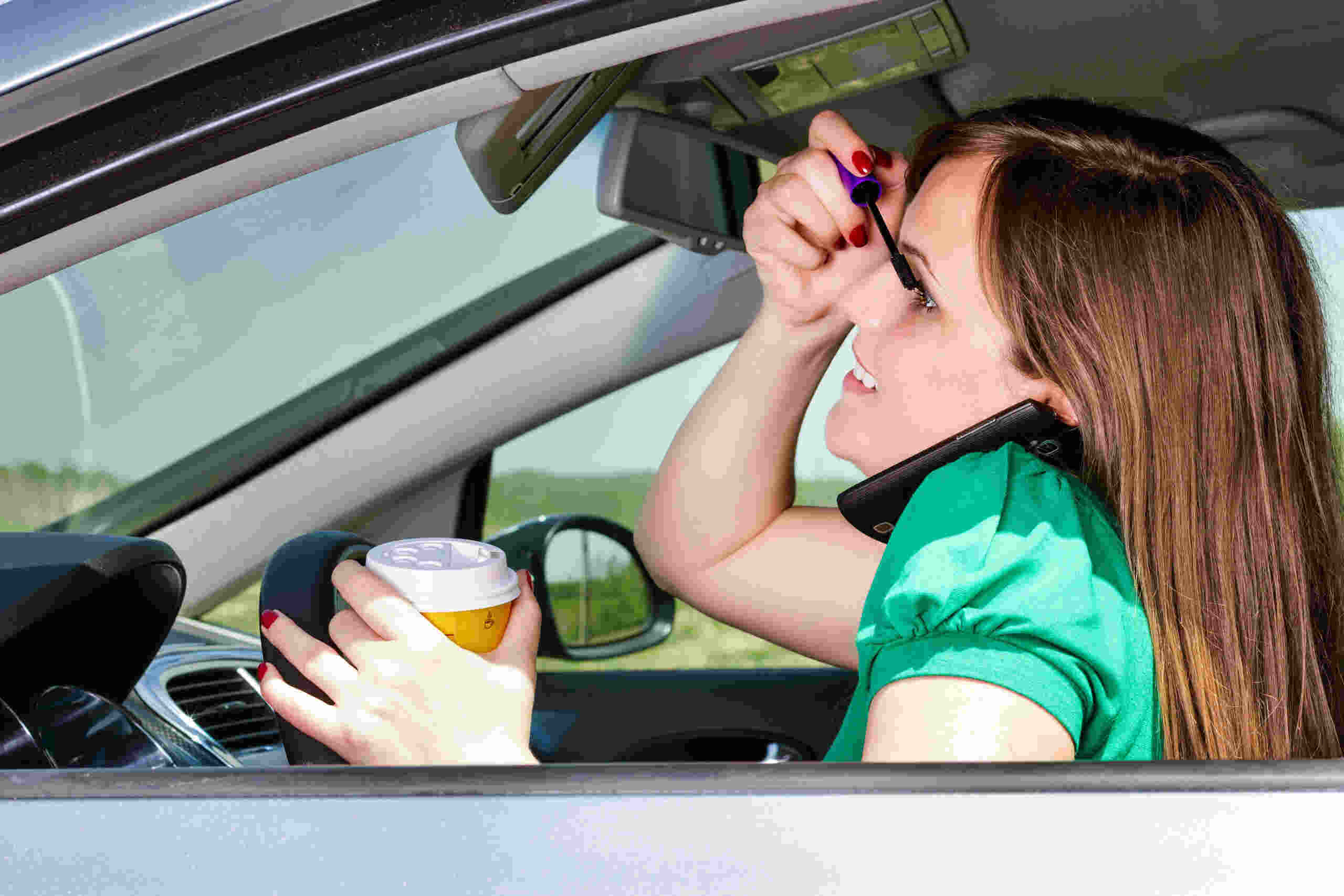
This cannot be negotiated. Whether you "feel fine" or not, cannabis affects your judgment, motor coordination, and reaction time.
Do not drive while intoxicated. Period.
Make a plan in advance and wait it out, walk, or rideshare.
8. Pay attention to your body and mind.
If cannabis begins to:
make you feel more nervous rather than calm.
disrupt your motivation or sleep
Turn into something you "need" every day in order to feel alright.
Perhaps it is time to take a break and reconsider. No embarrassment. Just facts.
Sometimes the most prudent course of action is to take a step back.
9. Legal Does not Always Mean No Risk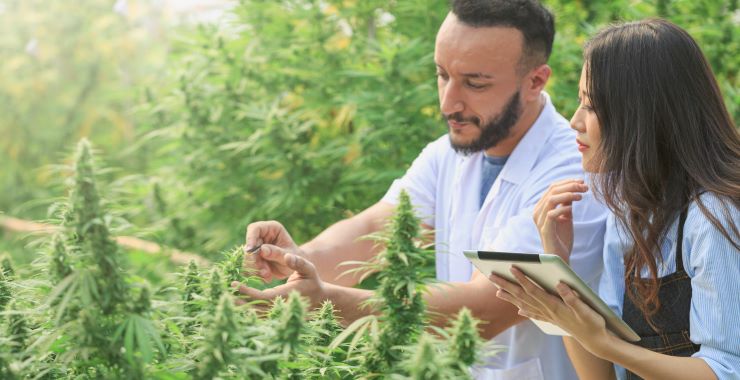
Even if cannabis is legal in your area, it still has an impact on your body and brain, particularly if you use it frequently or in large quantities. Keep yourself informed.
If you have mental health issues, are pregnant, or are nursing, consult your doctor. Additionally, exercise caution while using cannabis with other prescription drugs.
Last Word: Empowered Use Is Safe Cannabis Use
You should feel educated, not condemned.
Not perplexed, but curious.
Not guilty, grounded.
If you approach cannabis with the same consideration that you would any other substance you put into your body, it can be a part of a healthy lifestyle.
Thus, proceed slowly. Remain in the moment. Pose inquiries.
And most importantly, look after yourself first.
What's Your Reaction?







